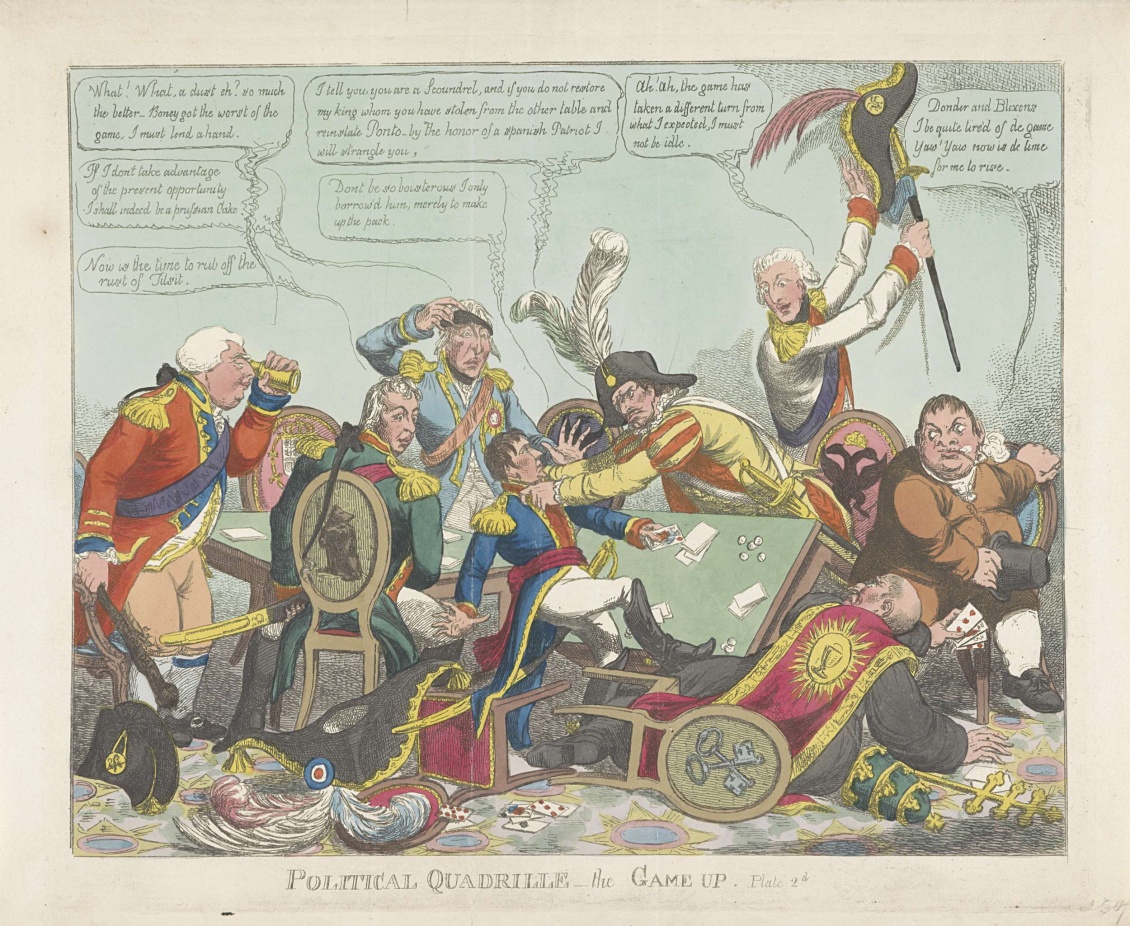Conf. Guide: Citizen
“Seizing an Alternative” Conference Guide for the Concerned Citizen
If you are a concerned citizen, increasingly aware that the human prospect is deeply troubling, this conference is for you. But what tracks would be most helpful to you? That, of course, depends on your interests.
If it is climate change that most troubles you, or Bill McKibben’s wake-up call that has aroused you, select the track titled, “Catastrophic Climate Change and Global Governance” in Section I, “The Threatening Catastrophe.” If you suspect that it is too late for conventional responses to save us and think it may be time to consider extreme measures, the track titled “The Technological Response” in Section I is for you.
But your anxieties about the future may not focus on climate change. You may see nuclear war as an even more urgent threat, or wonder how we can survive another financial crisis, or recover democratic government in this country. In that case, other tracks in Section I invite your involvement. Or, if you have involved yourself in seeking policy change or binding up the wounds caused by current policies, and if you feel chiefly frustration and exhaustion, try the track titled “Organizing for Change and Sustaining Involvement.”
Where should we be going and how to get there
On the other hand, this conference is not primarily about immediate responses to current crises. It is chiefly about reflecting on where we should be heading and how we can move toward that place. This conference labels the goal “ecological civilization.” The questions are: first, why is our current civilization so non-ecological, and second, what are the changes in many fields that could jointly bring about an ecological civilization?
Section III, titled “Alienation from Nature and How It Arose,” reflects the judgment of the organizers that civilization itself — the emergence of urban life — involved both alienation from the external natural world and internal tensions with “human nature.” The alienation that characterizes all civilization was intensified and thematized in the Western Enlightenment. Ironically, the discovery of our evolutionary connectedness ended up by alienating us even further from our own nature. You may find one of the tracks in this section illuminating.
Most of the conference tracks belong under the larger question of what we should now be thinking and doing. Some tracks approach this question from particular fields of study, such as law, social theory, business, or political theory. Some approach them in terms of current spiritual commitments. Others just plunge into the topic. You may decide to sample a variety. On the other hand, if you commit to one, you may contribute to the discussion, or join a group continuing to work on the topic.
Whitehead and a philosophy of ecological relations
There is yet another choice available to you. The planners of the conference have been inspired by the philosophy of Alfred North Whitehead. This may be the best chance you will have to take a class that will give you an in-depth understanding of Whitehead, offered by Bob Mesle and Aaron Gare. Mesle is author of the best introduction to Whitehead accessible to the general reader. Gare has an extraordinary grasp of the history of ideas, and has illuminated process thought by locating it in this context.
